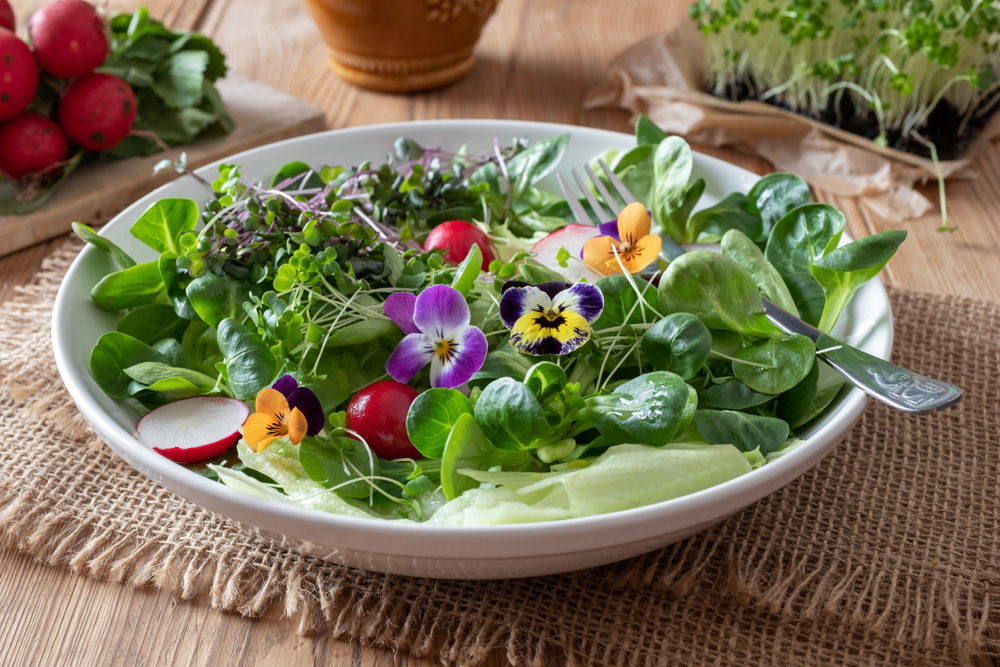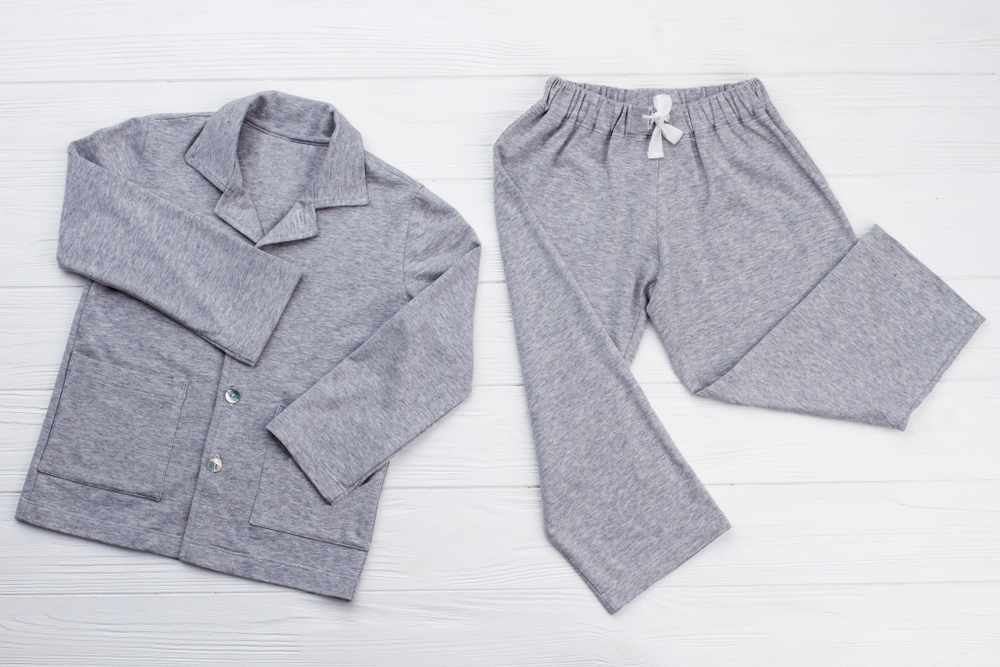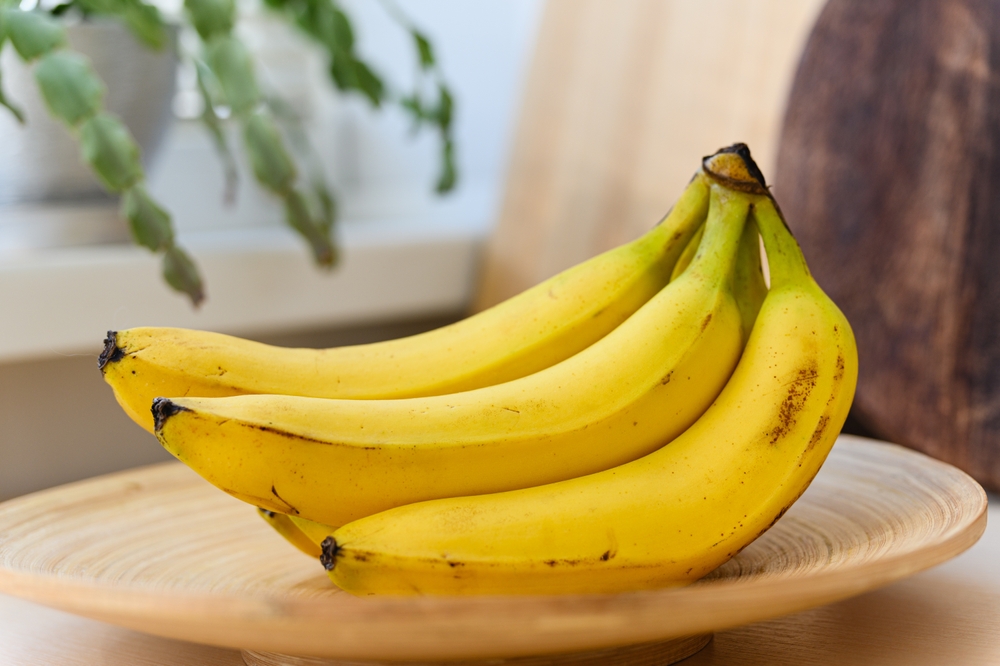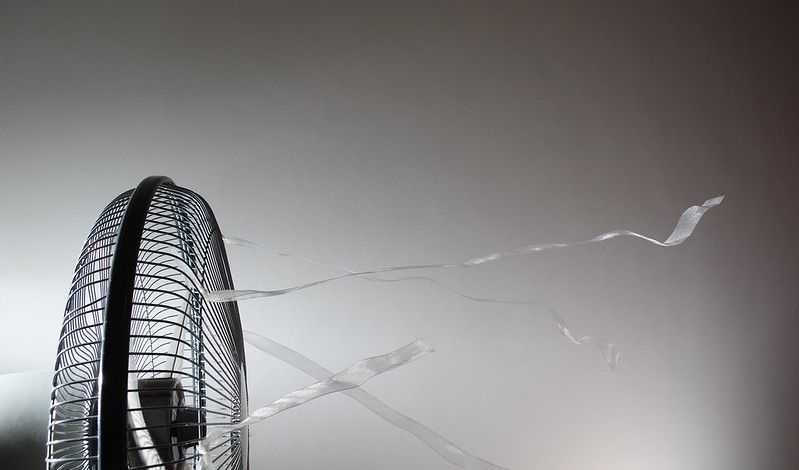14 Smart Strategies for Beating the Summer Slump and Staying Energized
The summer months can bring a mix of excitement and fatigue. While the sunshine and longer days are enjoyable, they can also leave you feeling sluggish. It is easy to lose momentum when routines change and the weather turns warm. The good news is that you can take simple steps to keep your mind and body active. Start today by learning how to keep your energy steady no matter the temperature.
This post may contain affiliate links, which helps keep this content free. Please read our disclosure for more info.
Stay Hydrated with Water and Electrolytes

Drinking enough water each day is one of the most effective ways to fight summer fatigue. High temperatures cause your body to lose fluids faster through sweat, which can lead to dehydration. Adding electrolyte-rich drinks, such as coconut water or diluted sports drinks, can help replace lost minerals. Aim to sip water throughout the day instead of waiting until you feel thirsty.
Hydration supports circulation, regulates body temperature, and keeps your energy levels steady. When your body is properly hydrated, your muscles and joints function more smoothly. It can also improve concentration and prevent headaches caused by heat. Keep a reusable bottle with you so drinking water becomes part of your daily routine.
Eat Light and Fresh Meals

Heavy meals can make you feel sluggish, especially in hot weather. Opt for lighter options like salads, grilled vegetables, and lean proteins to keep your energy stable. Fresh fruits such as watermelon, berries, and citrus are rich in vitamins and water content. Eating smaller, more frequent meals can help prevent the midday energy crash.
A light diet helps your body digest food more efficiently, which can reduce feelings of tiredness. Seasonal produce provides antioxidants that support your immune system. Lean proteins such as fish or chicken fuel your muscles without weighing you down. This approach keeps you feeling satisfied and energized without feeling overly full.
Keep a Consistent Sleep Schedule

Late nights and irregular bedtimes can disrupt your natural rhythm, leaving you drained during the day. Setting a regular bedtime and wake-up time helps your body maintain balance. Even during summer events or vacations, try to keep your sleep routine as steady as possible. This can help you feel more alert in the morning and less tired in the afternoon.
Quality sleep allows your body to repair itself and process energy efficiently. Deep sleep supports memory, mood, and muscle recovery. Keeping a cool, dark bedroom can improve sleep quality in warmer months. Small adjustments to your evening routine can make a noticeable difference in your daytime energy.
Take Short Outdoor Walks

Spending a few minutes outside each day can refresh your mind and body. A short walk in the morning or evening can help you avoid the harsh midday heat. Gentle movement boosts blood flow and can improve mental clarity. It also gives your body a chance to absorb natural light, which supports a healthy sleep cycle.
Walking outdoors can help regulate stress and improve overall mood. Fresh air and light activity encourage better oxygen flow to your muscles. Choosing shaded routes or tree-lined paths can make the experience more comfortable in summer. Even a 10-minute walk can leave you feeling more alert.
Limit Caffeine in the Afternoon

Caffeine can help you feel more awake in the morning, but too much later in the day can interfere with sleep. Try switching to herbal teas, water, or decaf options after lunchtime. This can help prevent the restless nights that contribute to fatigue. A gradual reduction can make the change easier to manage.
Lowering your caffeine intake can also reduce jitters, anxiety, and dehydration. Without the crash that sometimes follows high caffeine consumption, your energy may feel more balanced. Herbal teas like peppermint or chamomile can be calming while still offering a refreshing taste. This approach helps you rest more deeply at night and feel more energized in the day.
Take Midday Breaks in Cool Spaces

Working or being active in heat can quickly drain your energy. Taking breaks in shaded or air-conditioned areas allows your body to recover. Even short rests of 10 to 15 minutes can help prevent overheating. Use the time to hydrate and relax before returning to your activities.
Cooling down during the day can help regulate your heart rate and keep you from feeling sluggish. It also reduces the strain on your body caused by heat exposure. Planning your schedule so that outdoor work is done early or late in the day can help. Midday recovery time is an important step for staying active in the summer.
Include Strength and Stretching Exercises

Light strength training and stretching can keep your body active without overheating. Resistance bands, bodyweight movements, or yoga are great indoor options. These exercises help maintain muscle tone, flexibility, and circulation. A few short sessions each week can be enough to notice the benefits.
Stretching supports joint health and can ease stiffness caused by warm, humid air. Strength exercises help you stay physically capable for daily tasks. Doing them indoors during the hottest parts of the day is both safer and more comfortable. Combining movement with controlled breathing can help you feel calmer and more refreshed.
Wear Breathable Clothing

Lightweight, loose-fitting clothing made from cotton or linen can help you stay cooler. These fabrics allow air to circulate, reducing sweat buildup. Lighter colors can also reflect sunlight, which helps prevent overheating. Dressing appropriately for the weather is a simple way to improve comfort and energy.
When your body stays cool, it uses less energy to regulate temperature. This means more energy is available for your daily activities. Breathable clothing can also reduce skin irritation in humid conditions. Comfort-focused choices can make long summer days easier to manage.
Eat Foods Rich in Magnesium and Potassium

Minerals such as magnesium and potassium help maintain energy and muscle function. Bananas, leafy greens, nuts, and seeds are excellent sources. These nutrients are especially important in summer when sweating can cause mineral loss. Including them in your meals can help prevent cramps and fatigue.
Magnesium supports nerve health and helps regulate muscle contractions. Potassium aids in fluid balance, which is crucial during hot weather. Both minerals can be found in a variety of seasonal fruits and vegetables. Adding them to your diet is an easy way to support your energy naturally.
Practice Mindful Breathing

Taking time for slow, steady breaths can help reduce stress and clear your mind. Just a few minutes of mindful breathing can make a noticeable difference in how you feel. It can be done anywhere, whether you are at your desk or sitting outside. This simple habit supports both mental and physical relaxation.
Controlled breathing can lower your heart rate and promote better oxygen flow. In warm weather, this can help you feel more centered and less drained. Many people find it useful before bed to prepare for restful sleep. Practicing it daily can help make summer days feel less overwhelming.
Add More Seasonal Fruits and Vegetables

Summer produce is packed with vitamins, minerals, and hydration benefits. Eating foods like cucumbers, tomatoes, peaches, and melons can help keep your energy steady. Their natural sugars provide quick fuel without the heaviness of processed snacks. Buying locally grown produce can also give you fresher options.
Fresh fruits and vegetables can improve digestion and support immune health. They are naturally low in calories while being rich in antioxidants. Seasonal eating can also make your meals more flavorful and enjoyable. Incorporating them into your daily meals is a simple way to support your health in summer.
Keep Indoor Spaces Well Ventilated

Good airflow indoors can make a big difference in how comfortable you feel. Using fans, opening windows in the early morning, or running an air purifier can improve air quality. Stale air can make you feel tired and less motivated. Fresh air circulation helps maintain a cooler, more breathable environment.
Proper ventilation can reduce humidity and prevent the buildup of allergens. This can help you breathe easier and stay focused. It also supports better sleep by creating a more comfortable setting at night. Keeping your living space airy and fresh is an easy way to stay energized.
Schedule Outdoor Activities in the Morning or Evening

The middle of the day is often the hottest, making it the most tiring time to be outside. Planning walks, workouts, or errands during cooler hours can help conserve your energy. Morning light can be uplifting, while evening air is often more comfortable. This can also reduce the risk of overheating.
Choosing cooler times of day for activity allows you to enjoy the outdoors without feeling drained. It can help you maintain your fitness goals even during the hottest months. Pairing outdoor activity with hydration can further support your stamina. Adjusting your schedule this way can make summer more enjoyable and less exhausting.
This article originally appeared on Avocadu.
